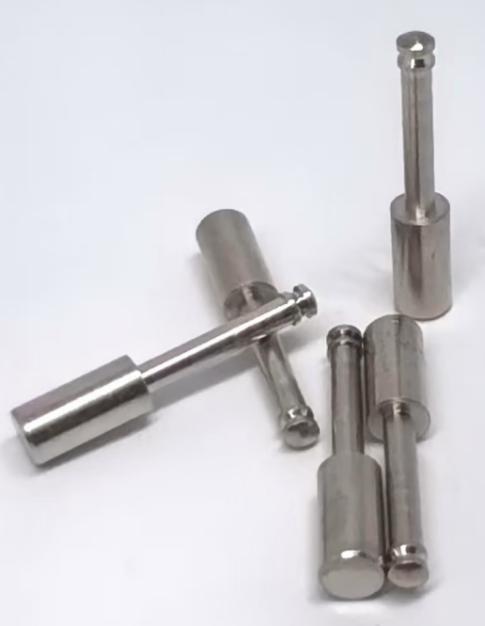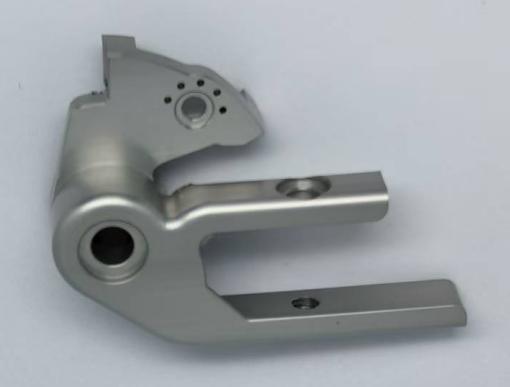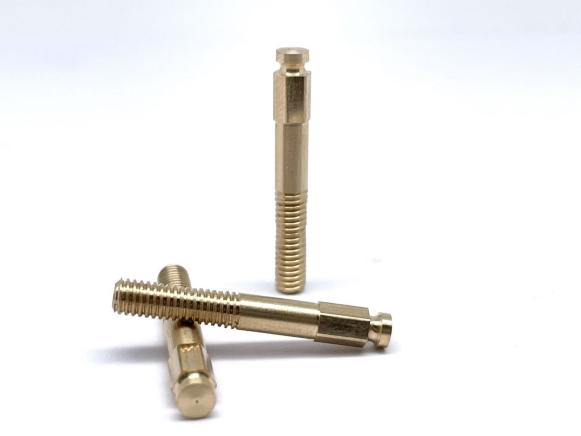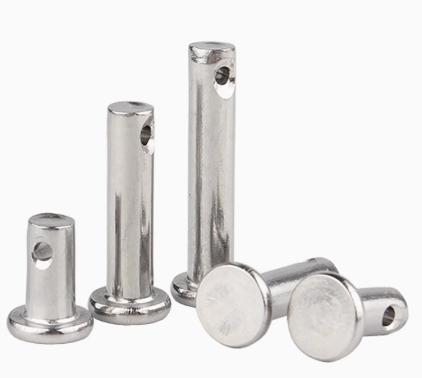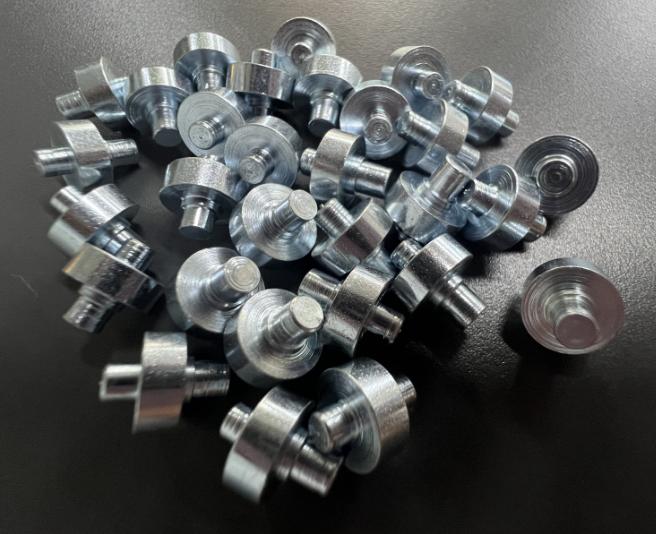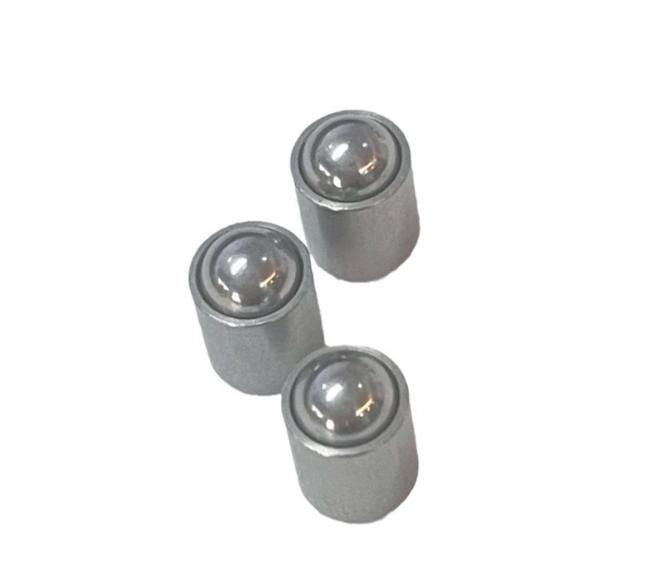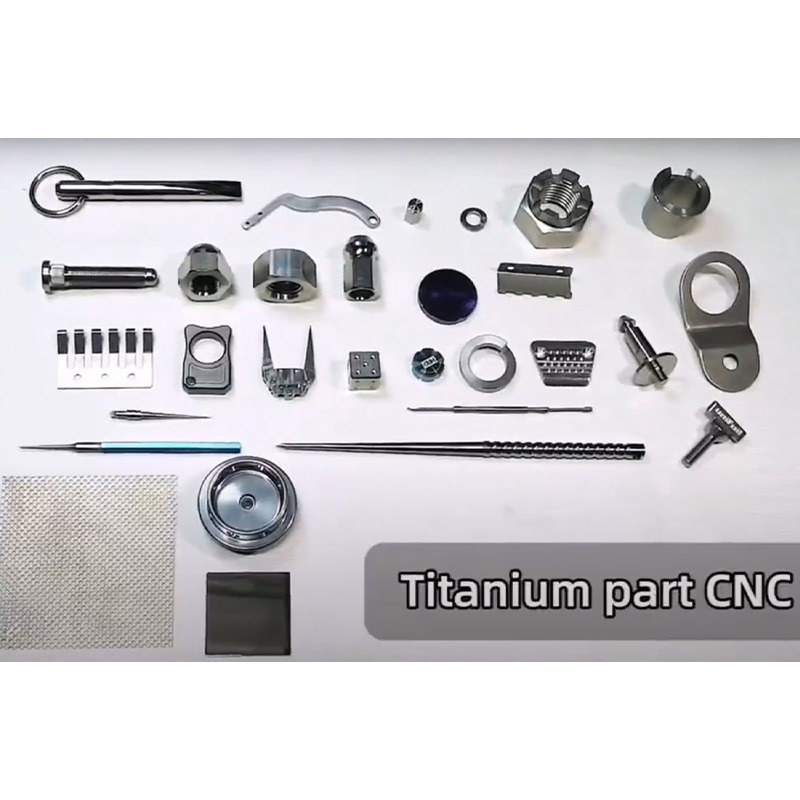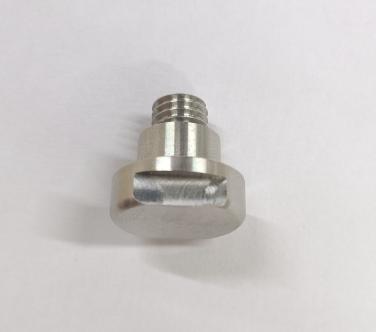The Use of CNC Machined Parts in the Medical Industry
In the healthcare sector, every component has the possibility of directly influencing patient safety and treatment outcomes. Implants, surgical tools, and diagnostic devices all demand extremely high levels of precision, reliability, and biocompatibility.
Traditional manufacturing methods often cannot meet these criteria, whereas CNC precision machining is today a core process in the production of medical parts. This article will cover the applications of CNC machined parts for medical, common materials, machining advantages, and choosing a suitable supplier.
Table of Contents
Part 1. High Demands for Precise CNC Machined Parts in the Medical Field
Medical parts are quite different from typical industrial components. Their work involves interacting with patients, whether it is treating them, diagnosing illnesses, treating them, or managing life support systems, so their designs and constructions must be very precise and accurate to the given specifications and rules. Of the given rules the most crucial are:
1. Ultra-High Precision
The dimensionality of medical devices affects device and instrument performance. The sharp and defined minimals on tools constantly startles patients and prospective patients because tools such as scalpels which are surgical knives, are able to cut and heal, they are able to heal and, even as small as 1 millimeter, if a surgical implant falls out a patient’s bone will tear tissue because, dues to small variations, the bone has determined to, rejected, or lost that implant.
Tolerances usually need to be kept within ±0.01 mm or even less. CNC precision machining is one of the very few technologies that can consistently meet such demands.
2. Biocompatibility
Most implant devices are hinges, screws, or even dental implants. These devices are much easier to work with than traditional screws or nails used for repairing bones.
However, these devices while fixed to a person, should not ignite any inflammation or an immune borne rejection. Plus, they should pass very stringent tests for strength and durability such as the FDA and ISO 13485 tests.
Medical stainless steel, titanium, and some polymers are used. such devices can be neatly, and precisely, shaped without losing valuable properties through CNC machining.

3. Consistency and Repeatability
Every component of medical implants and other devices that are production and manufactured on a mass scale gets produced on an equally reliable and high performing basis.
CNC machining maintains quality and certainty of process throughout the production cycle at scale. From the earliest prototypes of functional validation to final production, and from small to large arrays of devices and implants, computers and machines automate the process to deliver final results guaranteeing precision on every unit.
4. Cleanliness and Safety
As much as any industry, medical professionals have to make sure everything is as clean as it is polished, burrs and particulates cleaned to minutiae, or any debris from machining is removed. Any contaminants, be it during surgery, or in what gets used with the patient, could have dire consequences.
These and other unfortunate events underscore the importance of performing medical component mmanufacturing under specialized, controlled, cleanroom environments, and using pack approaches that permit ultrasonic cleaning, or closely controlled and monitored cleanroom packaging. All these guarantee that the end product is within the sterility and safety levels of the medical industry.
Part 2. Medical Applications of CNC Machined Parts
CNC machining contributes hugely in the manufacturing of almost every equipment that is used in the medical field. From the big diagnostic devices to the small devices that can be implanted, the technology is crucial. The most common applications of CNC machining parts include:
1. Surgical Instruments
Surgeons use tools that need to be sharp, strong, and easy to hold. Tools like surgical scissors, orthopedic drills, surgical clamps and suturing tools, along with surgical forceps. And other finely edged surgical instruments are made through CNC machining technology.
Due to high precision machining, these instruments offer long-term durability, reduced tissue trauma, reduced infection risk, and, ultimately, improved surgical outcomes and patient recovery times.
2. Diagnostic Equipment Parts
MRI scanners, CT machines, and ultrasounds machines are examples of advanced pieces of medical diagnostic equipment that contain many systems that highly precise complex miniaturized components subassembles and assemblies that are necessary for functional operation and accuracy performance of operation.
These advanced systems undergo CNC machining for the formation of structural frames, housings, connectors, and the Heat Dissipation Elements, that provide the needed rigidity to the systems and maintain the delicate accuracy of advanced devices above a certain limit, thereby enhancing the efficiency of these devices. Such advanced devices help enhance the accuracy of diagnostic statistics, thereby enhancing the ability of medicine practitioners to make better treatment decisions.

3. Implants
Medical implants are placed inside the human body and must possess high strength, durability, and biocompatibility. CNC machining is widely used to produce orthopedic screws, hip and knee joint replacement components, dental implants, and spinal fixation devices.
By precise machining of titanium alloy and medical-grade stainless steel materials, CNC processes impart implants with excellent accuracy and surface finish that makes them compatible with human tissue, reduces the risk of rejection, and minimizes post-surgical complications.
4. Micro-Machined Medical Components
Because of new surgical methods and techniques, the demand for tiny surgical instruments has skyrocketed. Items like catheter tips or microstents along with devices for intravascular access surgery can be manufactured with CNC micro-machining.
Even for devices of such small proportions, there is great need for accuracy and uniformity. Patient trauma is minimized, recovery time is lessened, and modern surgical techniques can be advanced with their use.
CNC machined components play a critical role throughout the medical industry. They not only aid in the function of medical equipment but also promote treatment efficacy and patient safety. CNC precision machining has indeed become a foundation of contemporary medical technology.
Part 3. Common Materials Used in CNC Machined Parts for Medical Equipment
The selection of CNC machining materials in surgical part manufacturing is equally as important as accuracy of machining. The selected material dictates the component’s strength, durability, and machinability as well as the biocompatibility and safety of its use with patients. Select CNC machining is able to work with a range of metals and high-strength plastics. The used materials are mostly:
1. Stainless Steel
Stainless steel is one of the most common materials for surgical instruments as it is, tremendously tough, and has, excellent corrosion resistance. It is used in scalpels, needles, forceps, and clamps.
It is also used for repeat clamp sterilization and for high temperature sterilization, and for prolonged use witout deterioration. Certain medical-grade stainless steels also provide surgical safey because of their increased wear resistance and even antibacterial properties.
2. Titanium Alloy
Titanium alloys have great furthur applications in orthopedics, dentistry, and cardiovascular implants as they are light, strong, and relatively more biocompatible with bone and soft tissue bonded with less chances of rejection. Bone and tissue integration of implants carries some risk of rejection. Such mechanisms of implants are essential. Additionally, titanium can with stand corrosion attack.
This property together with other factors keeps titanium alloys stable in the human body for extended durations. Titanium alloys are further stabilized due to the properties of CNC precision machining which aid in achieving sharp edges, precise size, and smooth contours.

3. Aluminum Alloy
Many features of aluminum alloys such as their low density, thermal conductivity, and property for revolutionary fabrication, makes it popular for medical devices enclosures, frames, and structural components. It makes the devices much lighter, hence improving the portability of these devices, and also increases heat dissipation which improves durability and lifespan of the equipment.
Additionally, CNC accuracy and precision allows for the complex geometrical forms along with the required surface finishes for the aluminum components required for these devices.
4. Medical-Grade Engineering Plastics
Due to the remarkable resistance to the corrosive action of many chemicals and the ability to insulate, plastics such as PEEK, Delrin and PTFE are widely used. PEEK is used in some implantable devices because of its strength and biocompatibility.
Machinability and low friction allows Delrin to be used in precision connectors. PTFE is used in catheters, valves, and seals because it is chemically stable and is able to offer corrosion resistance. These engineering plastics also find wide applications in disposable medical devices where balance economics and performance.
| Material | Key Properties | Applications | Advantages |
| Stainless Steel | High strength, corrosion-resistant | Surgical instruments | Sterilizable, wear-resistant, antibacterial |
| Titanium Alloy | Lightweight, strong, biocompatible | Implants (orthopedic, dental) | Biocompatible, reduces rejection, long-term stability |
| Aluminum Alloy | Lightweight, good thermal conductivity | Device housings, frames | Lightweight, good heat dissipation, easy to machine |
| Medical-Grade Plastics (PEEK, Delrin, PTFE) | Chemically resistant, insulating | Disposable devices, catheters, seals | High strength, chemical-resistant, cost-effective |
Part 4. How to Choose the Right CNC Machined Parts Supplier for Medical Applications?
In the medical field, precision and consistency of CNC machined parts directly impact device performance and patient safety. Selecting the right supplier is therefore not just a procurement decision, it’s a critical link in quality and innovation control. When evaluating a medical CNC parts supplier, companies are expected to take heed of the following critical areas:
Certifications and Compliance
Suppliers must comply with certain industry regulations like having an ISO 13485 quality management system certification along with applicable FDA regulations. The certifications illustrate compliance with management structures and manufacturing approaches that meet international medical requirements thereby permitting international healthcare medical markets access to the components manufactured.
Manufacturing Experience
A more seasoned supplier will have a greater appreciation towards the unique needs of the medical field. Probably the most asked questions will be if they have experience in the manufacture of surgical instruments and implants or in the components of diagnostic equipment and if they provide strategic assessments during the designing stage to avoid expensive alterations in the future.
Extensive project experience also allows them to immediately identify optimum solutions for complex or highly specialized parts.

Service Capabilities
The ideal supplier is more than just a parts manufacturer, a complete partner. Are they able to provide one-stop service from prototype development and small-lot production to volume production? Do they provide for rapid prototyping and flexible timing of delivery? These are the capabilities that determine how well a medical company can shut R&D and market launch.
Quality Inspection and Traceability
Stringent quality control is essential in medical component production. A reliable supplier must be equipped with the latest inspection tools such as Coordinate Measuring Machines (CMMs) and optical measuring systems, and must maintain a good traceability system.
This ensures that the origin, process, and inspection results of each part are well documented and traceable, which promotes consistency and makes regulatory compliance easier.
Customer Reputation and Long-Term Partnerships
The credibility of a supplier may generally be assessed from their client list and track record. Long-term partnerships imply regular product quality, on-time delivery, and consistent after-sales service. Principled customer relations also indicate the supplier’s commitment to providing assistive and remedial support.
In the case of a medical CNC machining supplier, trust is established not just on the acquisition of exacting parts but also on the supplier’s ability to facilitate the advancement of medical innovation and safety.
Every medical organization aims to reduce the duration of the R&D cycles, lowers the risk, and above all, stays the first in the competition. A reliable supplier ensures all these objectives are met.
Bottom Line
Precision CNC machining projects are an indication that the perfection as well as safety expectations of the medical field goes as high as the sky. Apart from that, the technology itself goes beyond, offering, and making the best out of value, medical grade components, surgical instruments, micro components, and other diagnostic devices, implants inclusive. The correct supplier builds a strong bridge between patient safety and medical innovation.
If you are looking for the services of a professional medical CNC parts supplier, a compliant and experienced partner will keep you at the forefront of the medical industry.

